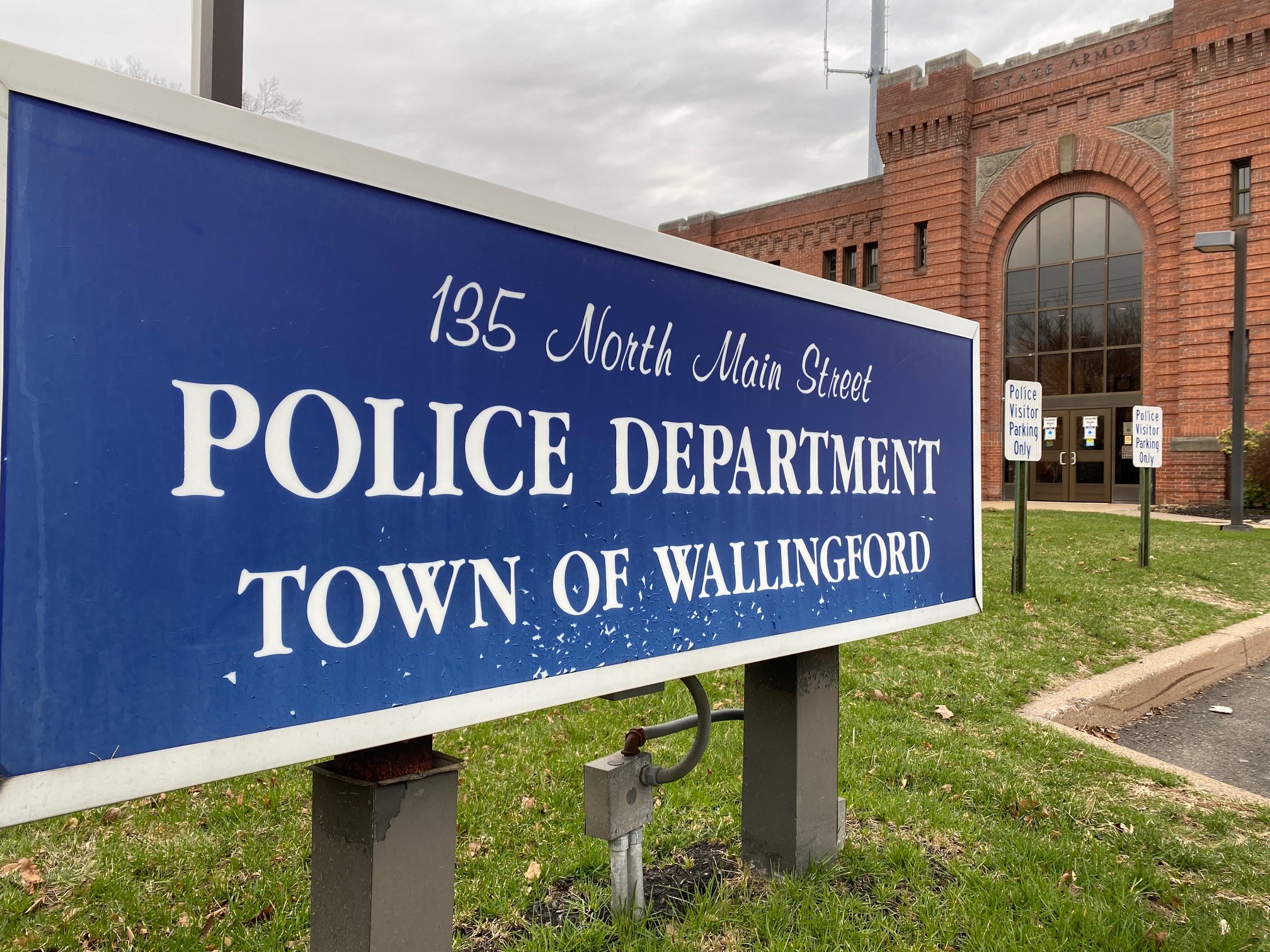From outside the Mouse Pad Business Center and Tech Solutions on Route 5 in Enfield, it looks like a regular computer repair and accessories store. Once you enter, it looks and sounds more like a casino.
On any given day since opening last Spring, dozens of people -- mostly senior citizens -- are spending their time playing any one of the 90 slot-style video games, all in the hope of winning cash.
It's a similar scene in East Windsor at Internet Connections in Sofia’s Plaza and at the Bloomfield Business Center on Park Ave in Bloomfield.
According to the American Gaming Association, they're called Internet Sweepstakes Cafes. They’ve popped up around the country and rake in more than $10 billion a year.
An NBC Connecticut Troubleshooters undercover investigation discovered how it works.
People we saw purchased a phone card or Internet time. From there, they choose a computer and either swipe their phone card or enter a password.
In the Enfield location, there are 34 different games to choose from.
On the computer screen, you'll see your credits or entries. It’s determined by how much money a customer spends -- typically 100 credits or entries for every dollar spent.
After choosing the number of credits to risk, a click of the mouse sends the screen spinning like any slot machine that can be found in either of the states two casinos.
Our cameras show one player turning his $10 phone card purchase into $35 in cash.
So with strict gaming laws in our state, are these so-called sweepstakes games legal?
We went to state officials to ask their opinions. The Attorney General, Chief States Attorney, Gaming Director and the State Police all declined to comment on the legality.
William Rubenstein, the Consumer Protection Commissioner, also declined to comment on the legality of these games, but spoke about the fine line between gambling and sweepstakes. It comes down to consideration, chance and prize.
“As I understand the definition of gambling, if you pay anything, its consideration, and you win by chance, and you get a prize, that falls within the definition of gambling,” Rubenstein said. “But whether or not it’s a violation of criminal statute is a determination made by criminal authorities, not the department.”
Representatives of all three stores the Troubleshooters visited declined to go on camera, but insist the games are free and are legal promotional gimmicks.
An employee at the Mouse Pad in Enfield explained these aren’t games of chance because the winners are predetermined.
“I can go up there and tell you if you’re gonna win. That’s why it’s not gambling. It’s a sweepstakes,” the employee explained to the undercover camera. "They already know you’ve got this many entries and this is what you’re gonna win right there on the spot. The games are just an
entertaining way to reveal what you've won."
An attorney for the Mouse Pad Business Center in Enfield, Thomas Fahey Jr., said in a statement:
"It is to be stressed that participation in our free game of chance promotion requires neither payment for participation nor purchase of anything, and is readily available to the public in unlimited quantities.” (see full statement)
Local
He adds that before opening, the Business Center's "compliance was carefully reviewed by
the (Planning and Zoning) Commission and by the Enfield Town (sic) Attorney."
Town Attorney Kevin Deneen said the review was over whether or not the business fits the zoning regulations for the space they’re leasing, not over the legality of their sweepstakes games.
The owner of the Bloomfield Business Center, Gardner Payne, told us via email and text that the sweepstakes are free and comply with the state statutes. He said customers receive "one hundred entries for every one dollar spent." Adding, for anyone who just wants to play, they would be rewarded "100 free entries".
Payne, a North Carolina native, is a sweepstakes industry lobbyist and owns businesses that offer these games in several states. He was found not guilty last month on six counts each of gambling, and the illegal use of electric machines and devices for sweepstakes in the first Internet Sweepstakes related trial in North Carolina.
State Senator Dante Bartolomeo (D-Meriden) points to numerous legal fights over similar sweepstakes games in other states. She cites an American Gambling Association report from last Fall which says every appellate court that has ruled on similar cases found the sweepstakes are “incontestably gambling.”
“There was perception by the owners that they’re not gambling,” says Bartolomeo, who submitted a bill this week that would make Internet Sweepstakes cafes and their related businesses illegal. “When brought to the courts and looked at thoroughly they have been defined as illegal gambling.
It’s no wonder why this issue is so important in our state. The stakes are high. Bartolomeo believes these violate the exclusive slot machine compact agreement between the casinos and the state.
The state’s two Indian casinos bring in hundreds of millions of dollars a year to state coffers.
Chuck Bunnell, the vice president for development at Mohegan Sun, said in a statement to NBC Connecticut when asked if they violate the agreement:
"We are/and or would be concerned about these operating in the state, but have no doubt that the state of Connecticut will take swift and appropriate action against them."
Senator Bartolomeo and Mary Drexler, the executive director of the Connecticut Council for problem gambling, say these games prey on the elderly and underprivileged.
“There are no consumer protections. There's nobody looking out for that consumer,” Drexler said. “You don't know whether you'll get those payouts. We're seeing financial losses just like we see with legalized gambling."
Senator Bartolomeo is expected to hold a news conference on Friday morning regarding her proposed legislation.



